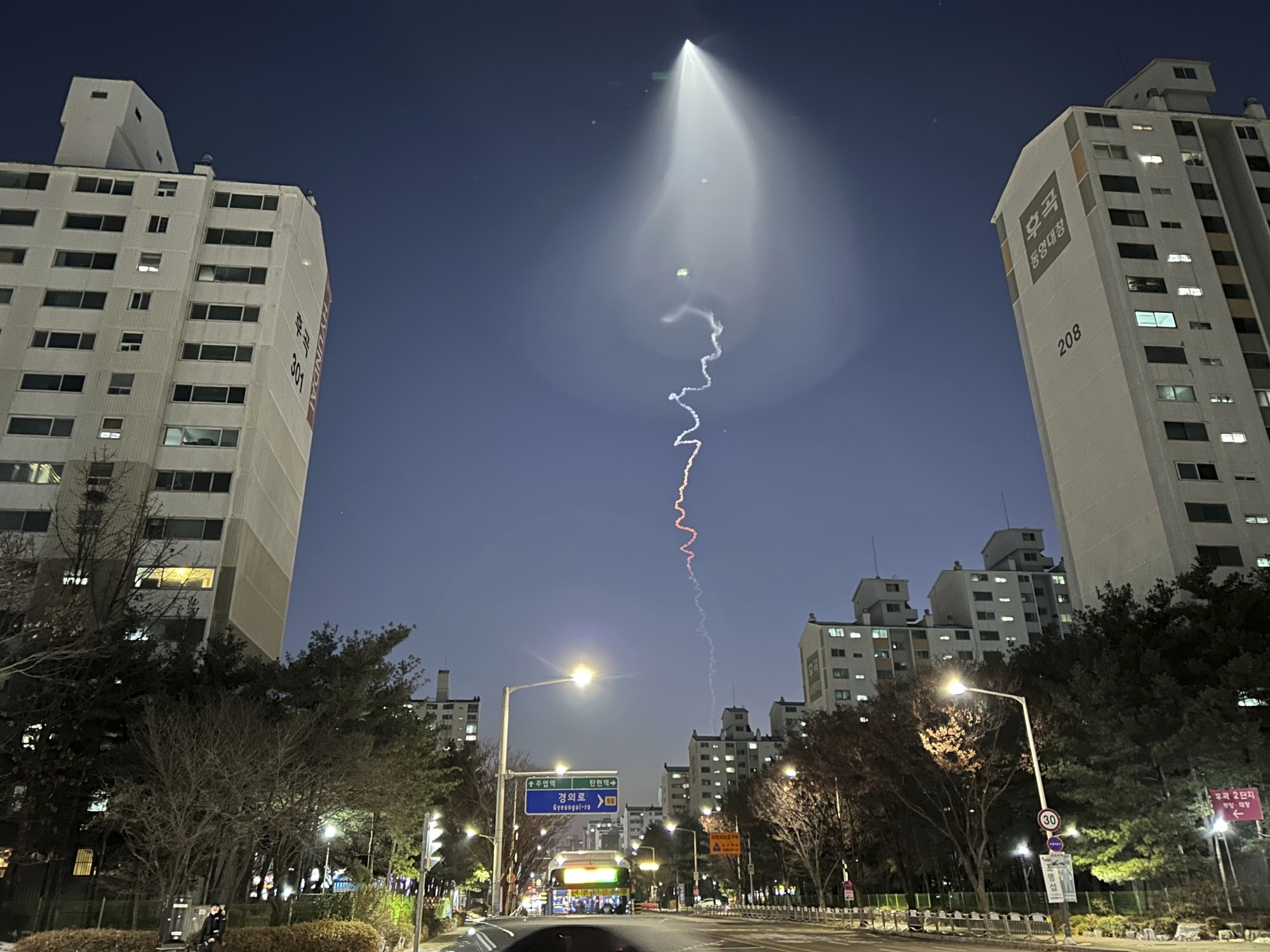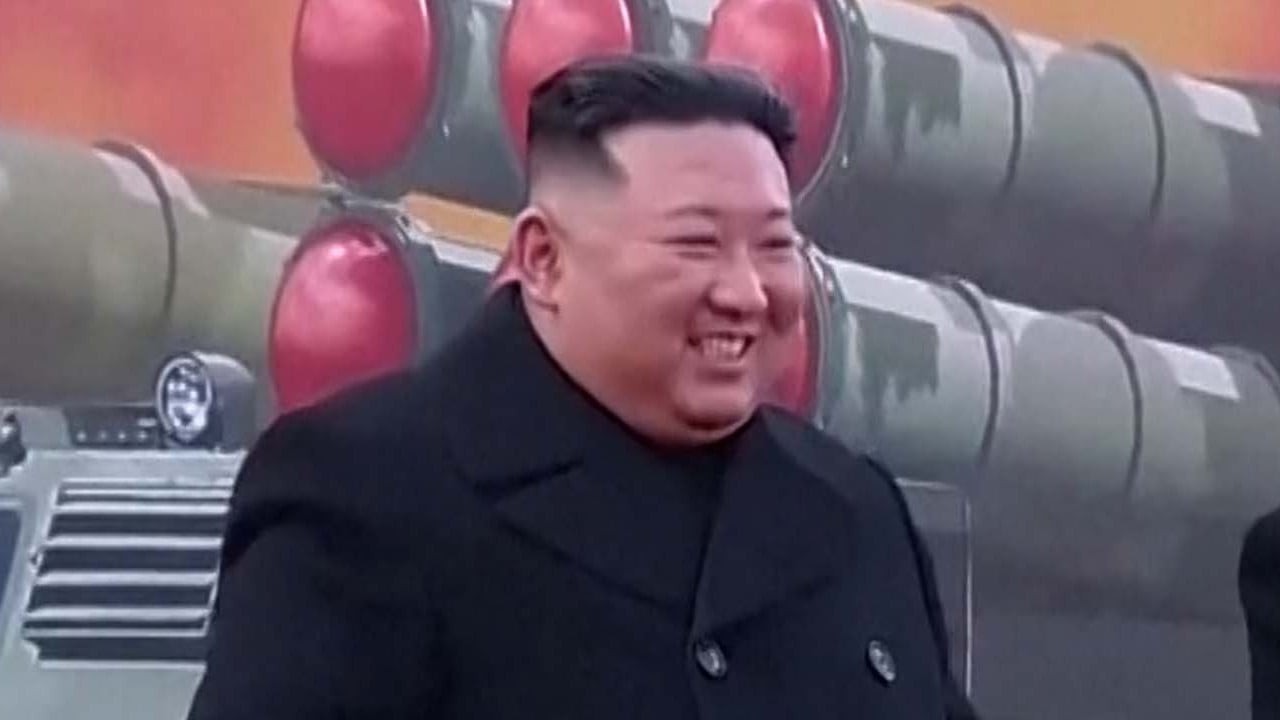
US-China rivalry ‘hampering efforts to denuclearise Korean peninsula’
- While the North’s nuclear programme is a key element, some observers believe Washington is also keen to boost the capacity to deter Beijing
- The US has backed the South’s efforts to strengthen its arsenal of ballistic missiles, possibly with an eye to China as well as to the North
Park Won-gon, professor of North Korean Studies at Ewha Womans University in Seoul, said the escalating rivalry with Beijing was partly driving Washington’s support for South Korea’s development of missile technology.
“From the US perspective, South Korea acquiring missile capabilities can increase deterrence against North Korea,” said Park. “And the expansion of the alliance between Seoul and Washington can also be helpful in containing China.”
Kang Jun-young, professor of Chinese studies at Hankuk University of Foreign Studies, echoed the view and said South Korea obtaining independent medium or long-range missile technology could be a “threat” to China.
“Washington has not considered revising the missile guidelines in the past. The reason why they did it is clearly because of China,” said Kang. “The new missile guidelines can increase US deterrence capabilities against Beijing.”
Kang stressed that the North’s missile launches and South Korea’s new solid-fuel vehicle could be a sign of a “missile competition”.
“South Korea cannot just sit there and do nothing when North Korea’s missile technology is advancing, and that is why Seoul is also developing its own weapons,” he said.
“It has some aspects of an arms race, originating from Pyongyang’s nuclear and missile development.”
South Korea’s use of solid-fuel engines was made possible after the United States revised the missile guidelines for its ally over the course of 2020 and 2021.
The changes allowed Seoul to develop ballistic missiles that use the technology and removed restrictions that limited its rockets to a range of 800km (500 miles), which would have meant it was largely incapable of striking targets outside the North.
However, solid-fuel engines are critical for the development of ballistic missiles because they help reduce the preparation and launch time compared with liquid-fuel engines, increasing their deterrent effect.

The denuclearisation of the Korean peninsula has been a common goal for the United States and China since the early 1990s when the North and South signed an agreement to eliminate the “danger of nuclear war”.
However, relations between Seoul and Pyongyang have waxed and waned since then, and the North has conducted several nuclear tests since 2006.
“Beijing has been showing that it will not cooperate in matters related to North Korea’s denuclearisation since 2018 when the competition with Washington started to escalate.”
Over the past year, China has resisted US attempts to place further sanctions on the North over its ongoing missile tests, and in May used its veto along with Russia in the United Nations Security Council.
Meanwhile, Washington is expanding its military cooperation with its allies, deploying its F-22 stealth fighters and B-52 bombers in joint drills with South Korea last month.
Kang said the origin of the military tension in the Korean peninsula comes from North Korea’s provocations, and if China does not act to restrain its ally, denuclearisation will remain a distant goal.
“China says they do not accept North Korea possessing nuclear weapons, but in reality, they continue to support Pyongyang,” he said.
China needs to see the bigger picture on the denuclearisation policy. However, we still cannot see any movement.”



